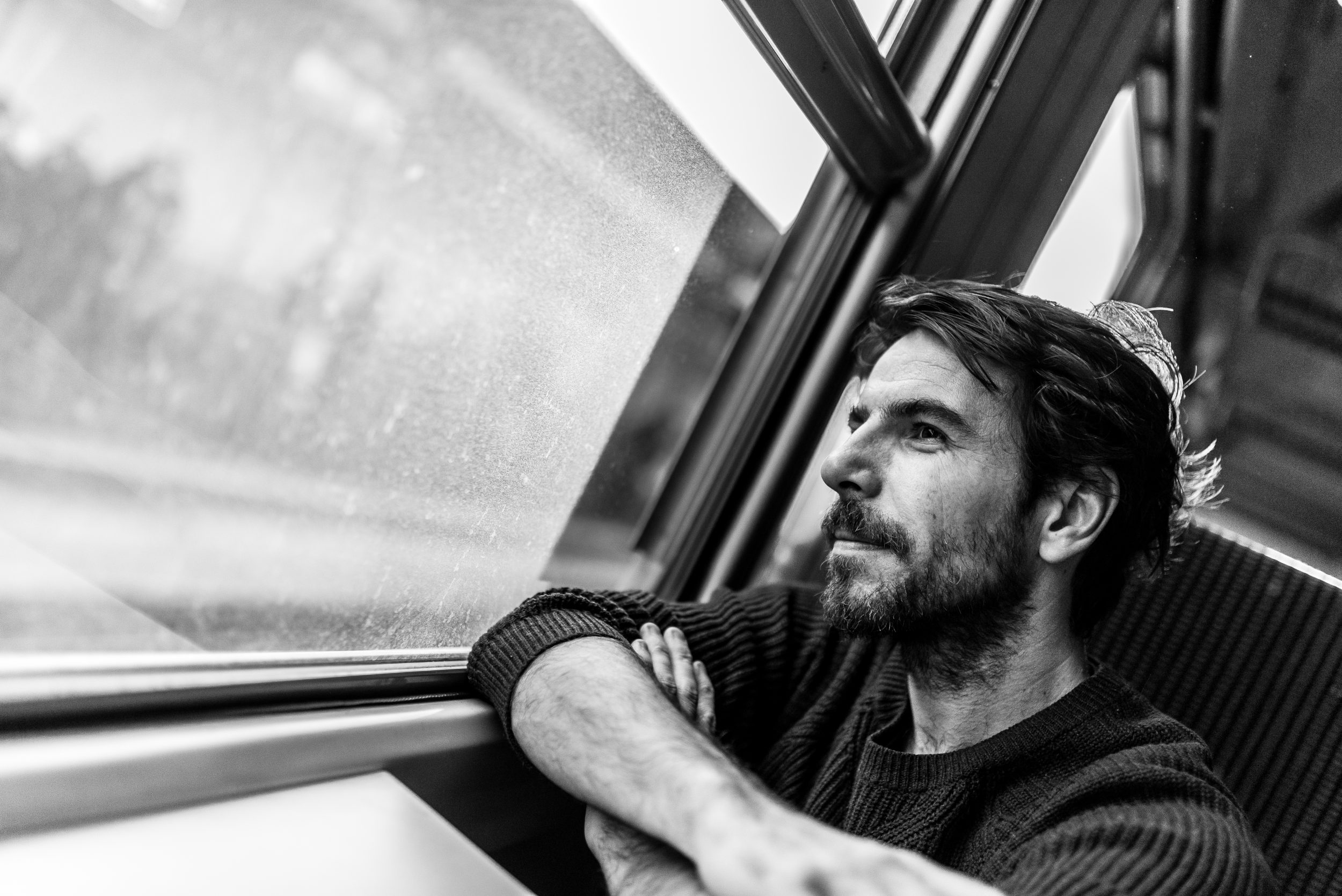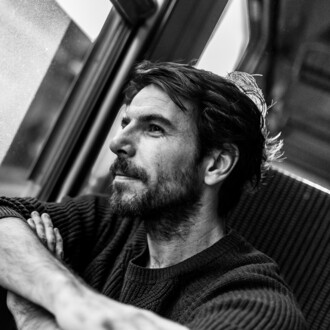Many ancient thinkers called water the fundamental principle of the world. They noted, in particular, its magical—yet at first glance obvious—ability to transform into all known states, as well as its necessity for all living things. Its instability, fluidity, and mobility make it a source of many metaphors and analogies for everything that changes before our eyes all around us. It is also a reminder that human life is a process in which we “never step into the same place twice.” Or maybe not even once. Every person is a migrant in life who spends their existence in motion. And water itself accompanies them on this journey from beginning to end.
Water is the basis of life to an extent we don’t usually even realize. Organisms emerged from the ocean onto land about 500 million years ago. Only after vegetation colonized the land were animals able to set out upon it. More than half the human body itself is composed of water. Even humans, as the most complex product of evolution, are a reminder of how important water is for existence itself. We could describe the skin as a kind of “portable bag” for water, which the animal carries with it in order to survive outside of it.
Even within planetary ecosystems, water requires balance. If there is a lack of precipitation, the soil suffers from drought. But if the soil itself—due to our farming—cannot retain water sufficiently, precipitation brings floods. The dissolution of excess CO₂ due to the burning of fossil fuels acidifies the oceans and contributes to warming, which in turn leads to the melting of glaciers and rising sea levels.
In a time of increasing scarcity, it is water that drives people from uninhabitable areas to places where there is still plenty of it. It is the water that carries their boats, and it is the same water in which those who do not reach new shores will find their end.
In short, water governs life and determines its existence or non-existence. And even today, in an era when humanity is intoxicated by its ability to rule the planet, water remains the first and last arbiter meant to determine its fate.
Michal Pavlásek’s Recommendations
Speakers from the Inspiration Forum community choose from a collection of essays, podcasts, and videos. This time, we bring you tips from ethnologist (Institute of Ethnology, Academy of Sciences of the Czech Republic) and documentary filmmaker Michal Pavlásek.

On the possibilities of language in a time of unprecedented change. “For a long time, we thought that glaciers were eternal.” Andri Magnason is an Icelandic writer, filmmaker, and environmental activist. His ability to express his visions of the world in a multi-genre format is illustrated in his lecture at IF 2023, in which he asks (and simultaneously seeks answers to) some of the most pressing questions of our time: how can we actually grasp planetary phenomena in words when they are so far beyond us? When they are bigger than the possibilities of our language? He draws on the ideas presented in his bestseller On Time and Water and the use of emotive language to suggest the need to intertwine the story of the climate crisis with personal family history. We fully realize the urgency of his words when, following Magnason's example, we open our own family album and leaf through the distant winter months immortalized in photographs by our parents or grandparents—then regularly lined with snow.
Borders of Words: “The border is a symbol of military power that signals that you should keep your distance. You are entering places where your rights cease to exist.” Francisco Cantú, a guest at the 2019 Inspiration Forum, is a writer, translator, and former border guard in the inhospitable landscape of the Arizona desert. He went through this life experience to personally understand the system of border power and to formulate proposals for revising the general trend of politicization and securitization of migration. According to him, borders are not innocent lines drawn in the sand but material infrastructures that produce violence on the bodies of migrants. We witness this not only at the external borders of the EU but also in the deadly borderland between Mexico and the USA. Similar to Magnason in the case of ecological disaster, Cantú emphasizes the key role of language—that is, how we talk about a given problem and challenge. If we refer to someone a priori as superfluous, criminal, dangerous, or illegal, meaningful change in migration policy is unlikely to occur.
Migration for all the money. “The tragedy is that the populations that bear the least blame for climate disruption are also the ones that are most affected by climate change.” Although Peter Tinti was a guest at the Inspiration Forum in 2020, the insights of this American journalist focusing on security, conflict, human rights, and organized crime are still inspiring today. This is well illustrated by his exposure of the business associated with cross-border migration, which is governed by the economic law of supply and demand. The focus of governments and politicians on the reality of border crossings, the formation of migration routes, and the gray economic zones established around them represents an effort to solve the consequences of problems rather than their causes. Moreover, we also see the problem of confusing causes and consequences in efforts to solve other key planetary challenges of our time, starting with the climate crisis and ending with the unequal distribution of wealth.
Foto: Delmer Membreno / EU Civil Protection and Humanitarian Aid.
